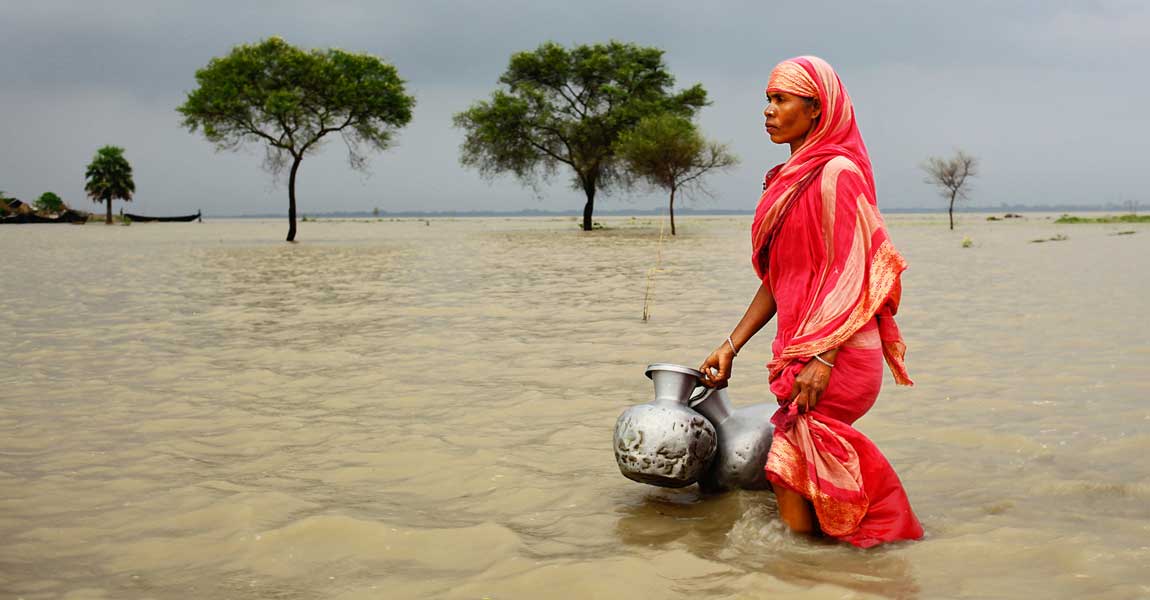Two budding entrepreneurs at Tufts University were recently awarded $15,000 for their proposal to improve health for female Bangladeshi garment workers. The annual Tufts $100k New Ventures Competition gives faculty, students, alumni and staff the chance to win cash and temporary office spacefor a business idea they pitch. Earlier this month, the competition announced it would divvy up $150,000 in prizes among winners in three categories.
The Now Exchange, created by Tufts graduate student Farah Momen (shown above) and her colleague Giulia Bova, won the award in the contest’ssocial impact track. The project aims to distribute free contraceptives to Bangladeshi women in the garment industry, who make up 80 percent of that sector, and then expand health services beyond that.
Momen spoke with the Metro Minute to discuss what’s behind the proposal.
What inspired this project?
Giulia and I both studied international development. We were both interested in the intersection of women’s rights, the market, and our roles as consumers.
Our trajectories recently intertwined when we talked about the gaps in the garment industry and some of the challenges you might be familiar with: the Rana Plaza collapse that took the lives of hundreds of workers in 2013 andfair pay. I read a report [that] signaled that the garment industry in particular would be a helpful channel for helping women. We should increase the choices and access that these women have [so] that they’re better informed.
Why focus on female workers specifically?
I think part of it is just reflective of who we are and what we’re interested in. The core of [Giulia and my] relationship as friends is centered around our visions for the world we want to see around us. Giulia was actually a Peace Corps volunteer, and what she experienced solidified her interest in sexual and reproductive health. I’m interested in how we can improve choice for women, but as a Bangladeshi woman, I’m particularly interested in this project.
Why choose contraceptives as the first step for health service expansion?
We found out that the garment region has a higher contraceptive need in comparison to national need. Our theory is that by offering improved health services to these clinics free of cost, we can decrease some of the barriers that confront women in terms of health needs. We’re also looking for expansion in menstrual hygiene and domestic violence education and workshops.
You have the money, what now?
Our first priority is to hire a person on the ground in Bangladesh who’s job is to manage partnerships with factories, then we’re hoping to have a training program. We also plan to go [to Bangladesh] in the summer, and as of right now we’re looking for partnerships with NGOs on the ground to share practices and learn about the challenges working in the ready-made-garment sector. Once we’re able to secure those hires, we’ll be able to get our pilot underway.
